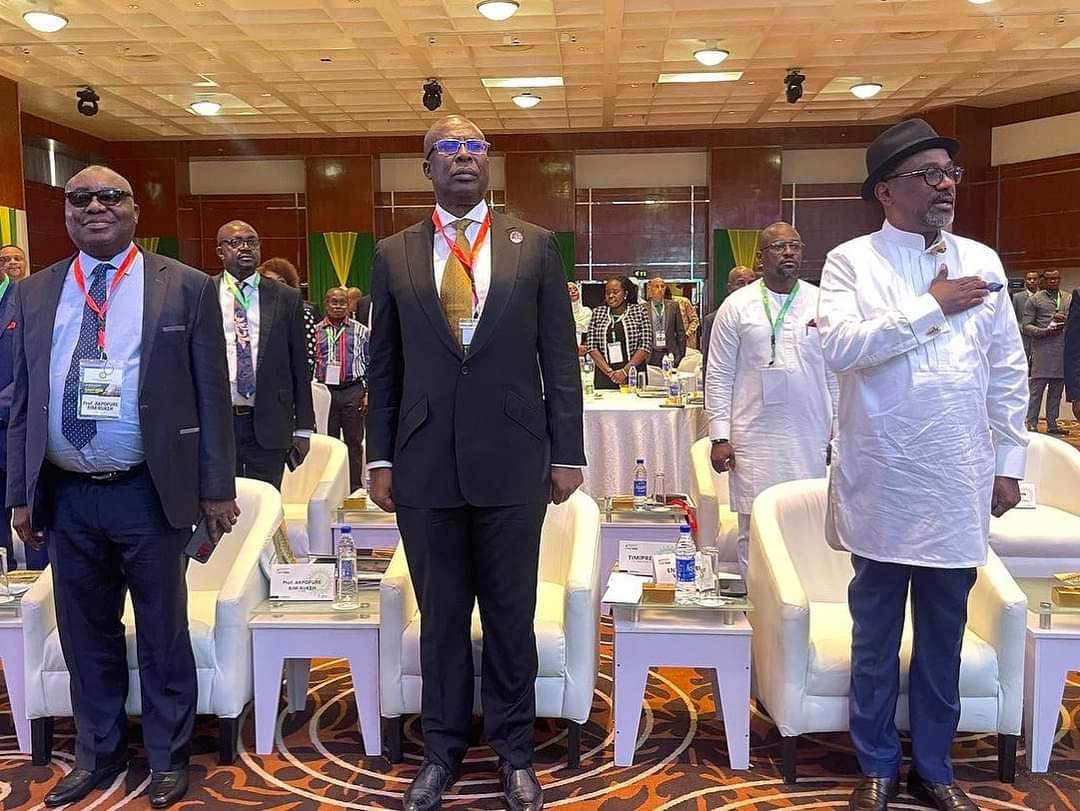Business
FG Orders DisCos To Resume Free Meter Distribution

The Federal Government has given instructions to electricity distribution companies to resume the Meter Assets Providers (MAP) programme, recently slowed down by the National Mass Metering Programme (NMMP).
Although the DisCos’ MAP has been in existence for some years, the NMMP programme under the office of Vice President, Yemi Osinbajo, was introduced in 2020 to bridge the wide metering gap in the Nigerian Electricity Supply Industry (NESI).
While the MAP had barely reached 400, 000 homes in 2020, FG’s NMMP intervention in Phase 0 succeeded in reaching over 800,000 homes.
Chairman of the Nigerian Electricity Regulatory Commission (NERC), GarubaSanusi, said last week that Phase 1 of the Federal Government’s NMMP was billed to begin in August, and as a result, DisCos had been ordered to resume and speed up on the MAP.
“By the end of August, meters from local manufacturers will be deployed by the DisCos. As a result, DisCos have been ordered to re-open the MAP, and customers are advised to take advantage of the window to purchase theirs if they cannot wait for the free meters,” he said.
He disclosed that 45 local metre manufacturers were currently jostling to be signed under FG’s meter providers’ programme.
Sanusi added that bids had already been submitted by the 45 manufacturers and the selection process had begun.
“Names of winners of the bid rounds will be announced as soon as the process is completed,” he said.
Phase 1 of the NMMP targets four million households.
Metering Expert and Accountant, SesanOkunade, told The Tide’s source that NERC should not have stopped the MAP from running in the first place.
“Firstly, I don’t know the reason why NERC stopped the MAP programme that was moving fine. If the programme was not stopped, we would have moved far with the metering gap because customers are ready to pay for the meters.
“Also, it would have put the DisCos on their toes and reduced the estimated billing being given to customers”, he stated.
Nonetheless, he said NERC’s order to resume the programme was a welcome development.
“It is still a welcome idea which will allow customers to pay for what is being actually consumed,” he said.
National President, Electricity Consumers Association of Nigeria, Barr Chijioke James, told The PUNCH that the DisCos needed to take their responsibilities more seriously.
“Customers have been paying for their meters even when it is Discos’ responsibility to meter every consumer. Even when most consumers pay, it takes some time to be allocated with meters. This is despite the presidential directive on mass production of meters and distribution nationwide to consumers. We believe Discos need to wake up to their responsibility in the power sector,” he said.
Transport
Automated Points Concession : FAAN Workers Gave 72hrs To Revise Decisions In PH

Transport
FAAN Announces Pick-Up Points for Go-Cashless Cards

Business
Fidelity Bank To Empower Women With Sustainable Entrepreneurship Skills, HAP2.0
-

 Politics4 days ago
Politics4 days agoSenate Urges Tinubu To Sack CAC Boss
-

 News4 days ago
News4 days agoAmend Constitution To Accommodate State Police, Tinubu Tells Senators
-

 News4 days ago
News4 days agoDisu Takes Over As New IGP …Declares Total War On Corruption, Impunity
-
Business4 days ago
Crisis Response: EU-project Delivers New Vet. Clinic To Katsina Govt.
-
Business4 days ago
President Tinubu Approves Extension Ban On Raw Shea Nut Export
-
Business4 days ago
President Tinubu Extends Raw Shea Nuts Export Ban To 2027
-
Business4 days ago
Fidelity Bank To Empower Women With Sustainable Entrepreneurship Skills, HAP2.0
-
Sports4 days ago
NDG: Rivers Coach Appeal To NDDC In Talent Discovery

